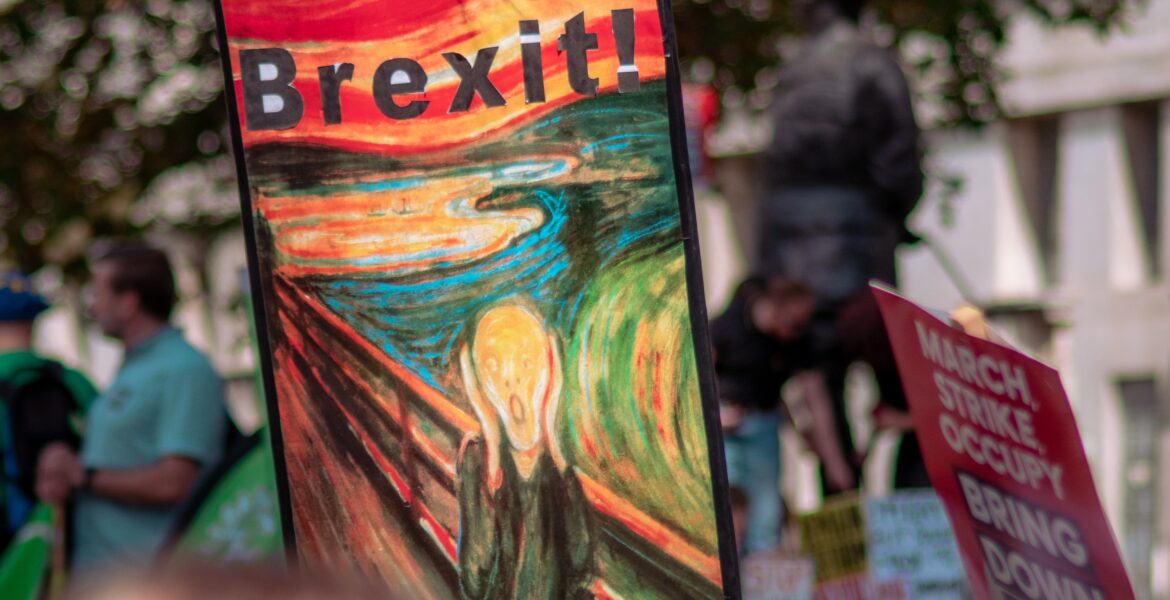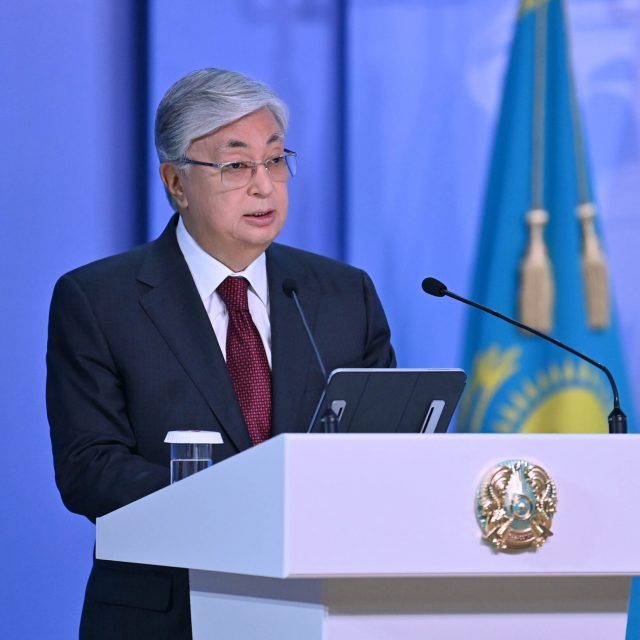Photo by Fred Moon on Unsplash
In 2016 during the referendum campaign Boris Johnson promised “we could strike free trade deals with America”; he would later add that such a deal would be “quickly in the back pocket.”
In 2020 as PM he boasted: “We have got Brexit done and can now take full advantage of the fantastic opportunities available to us as an independent trading nation, striking trade deals with other partners around the world.”
In 2022, following a rebuff from the USA he visited India and suggested that a trade deal would be completed by Diwali (October). A year has passed with no progress.
So what has the UK actually achieved in terms of trade deals with other countries?
The first was with Papua and New Guinea in March 2019, for implementation in January 2021, worth a puny £369 million a year. At least the International Trade Secretary, Dr Liam Fox, was honest when he said: “I am delighted to sign this trade continuity agreement as it will allow businesses to keep trading as freely as they do today.” In other words it simply replicated the trading arrangements already secured by the EU. Big deal.
The first real new deal was with Australia which came into force in May this year. International Trade Minister Nigel Huddleston said: “This is just the beginning of a new era of opportunity for British businesses as we use our status as an independent trading nation to deliver an ambitious programme of trade deals with countries all around the world.” International Trade Secretary Kemi Badenoch hailed the deal as “fantastic”, although the potential £2.3 billion gain represents less than 0.1% of the UK economy.
It now appears that it was a fantastic deal – for Australia.
Minette Batters, who leads the National Farmers’ Union in the UK, explained why: “This agreement simply opens up UK agricultural markets for Australian produce, whether or not produced to the same environmental and climate-friendly standards that are expected of UK farmers.”
Former Environment Secretary, George Eustice told MPs recently that “overall the UK gave away far too much for far too little in return” after Trade Secretary Liz Truss “shattered” the UK’s negotiating position. The UK started negotiations “with the strongest possible hand” but Eustice revealed that negotiators were put “on the back foot” by Truss demanding that the deal had to be agreed before the G7 met in Cornwall in June 2021. As a result of the UK’s self-imposed timetable Australia now has full access to the UK market to sell beef and lamb, while still banning the import of British beef. Great deal Liz.
On a positive note the UK has formally signed up to the Comprehensive and Progressive Agreement for Trans-Pacific Partnership (CPTPP) – theoretically worth £12 trillion in GDP, although the government’s own estimates indicate it might only add 0.08% to the size of the UK’s economy in 10 years (recently reduced to 0.04%). Politically it is still good news, as it may blunt China’s chance to join: economically the jury is out as to whether it will ever translate into tangible financial benefits for the UK.
On India, Trade Minister Anne-Marie Trevelyan said there could be an agreement before the end of this year, though PM Sunak has abandoned a planned trip to Delhi because talks were bogged down. India is stalling perhaps for one simple reason. The EU and India have been negotiating intensively for over eight years and are keen to reach agreement before both have elections in 2024. Will India do a sudden deal with little UK which could put a wider EU deal at risk? Not likely.
Finally, Sunak recently signed a new UK-Singapore Strategic Partnership. The Government press release promised the UK’s economy will be boosted as a result. The next step will be to agree a bilateral investment treaty to deliver it. Until then, what has it actually achieved?
According to Sunak “This new agreement with Singapore will take us even further in delivering our priorities and ensure that, as we map the future of the world economy, we are doing so alongside our closest partners.” Fine words, but basically window-dressing what is currently a friendly gesture between two nations – just like the UK/US Atlantic Declaration signed alongside President Biden earlier this year, which makes warm noises but absolutely no mention of any trade deal soon.
So lots of positive spin but the promise of ‘fantastic’ trade deals has been exposed as another Brexit sham. Like most of Johnson’s pledges they were unfounded fantasies, but this has not stopped successive Conservative governments, including now Lord Cameron, continuing the charade and talking up future possibilities.
There is however one market which is still packed with real opportunities for the UK. Fortunately, it is our nearest neighbour. Labour is beginning to admit this, but Conservatives refuse to acknowledge it: it is called the EU.
This article was written by Philip Bushill-Matthews before his untimely death in December 2023 and is published here with the permission of his family in honour of his memory.




